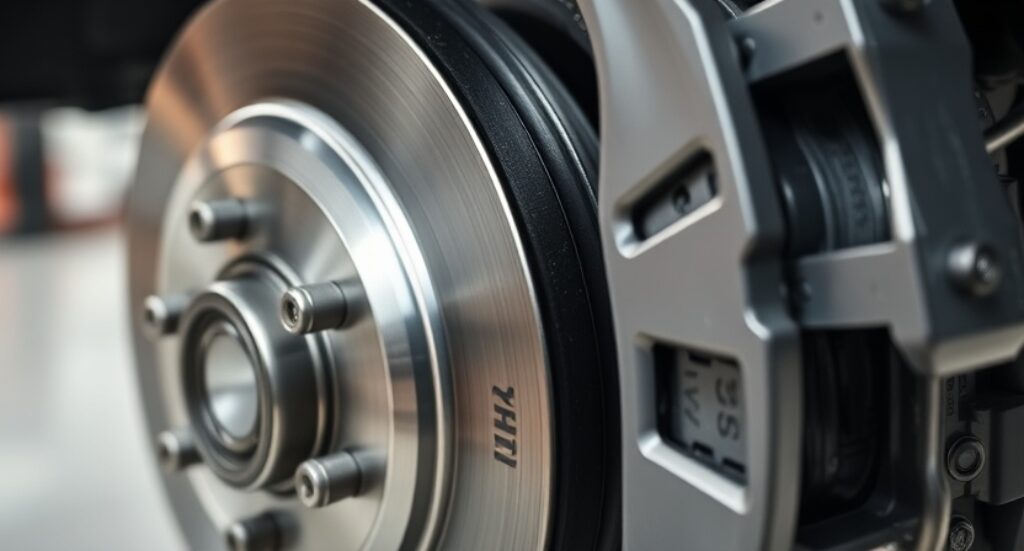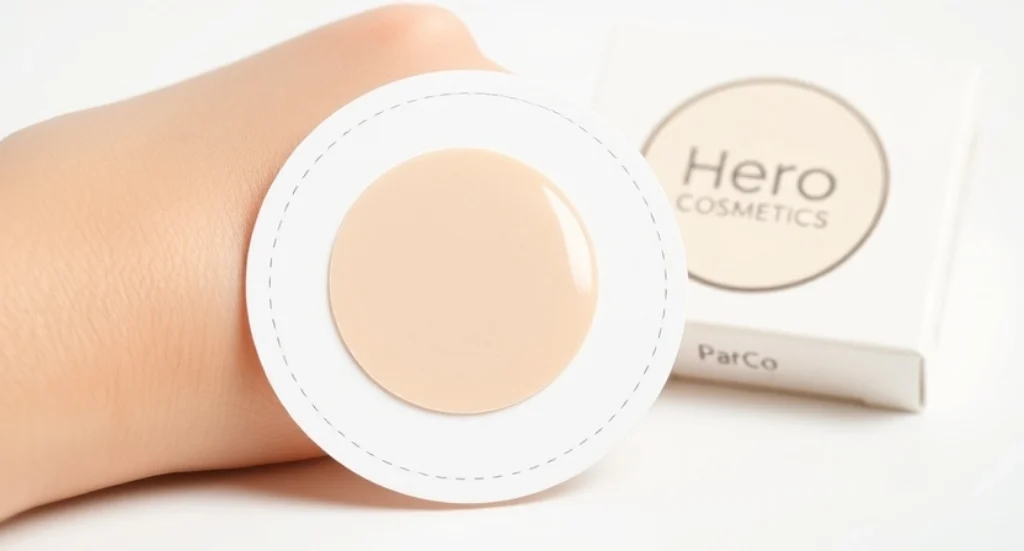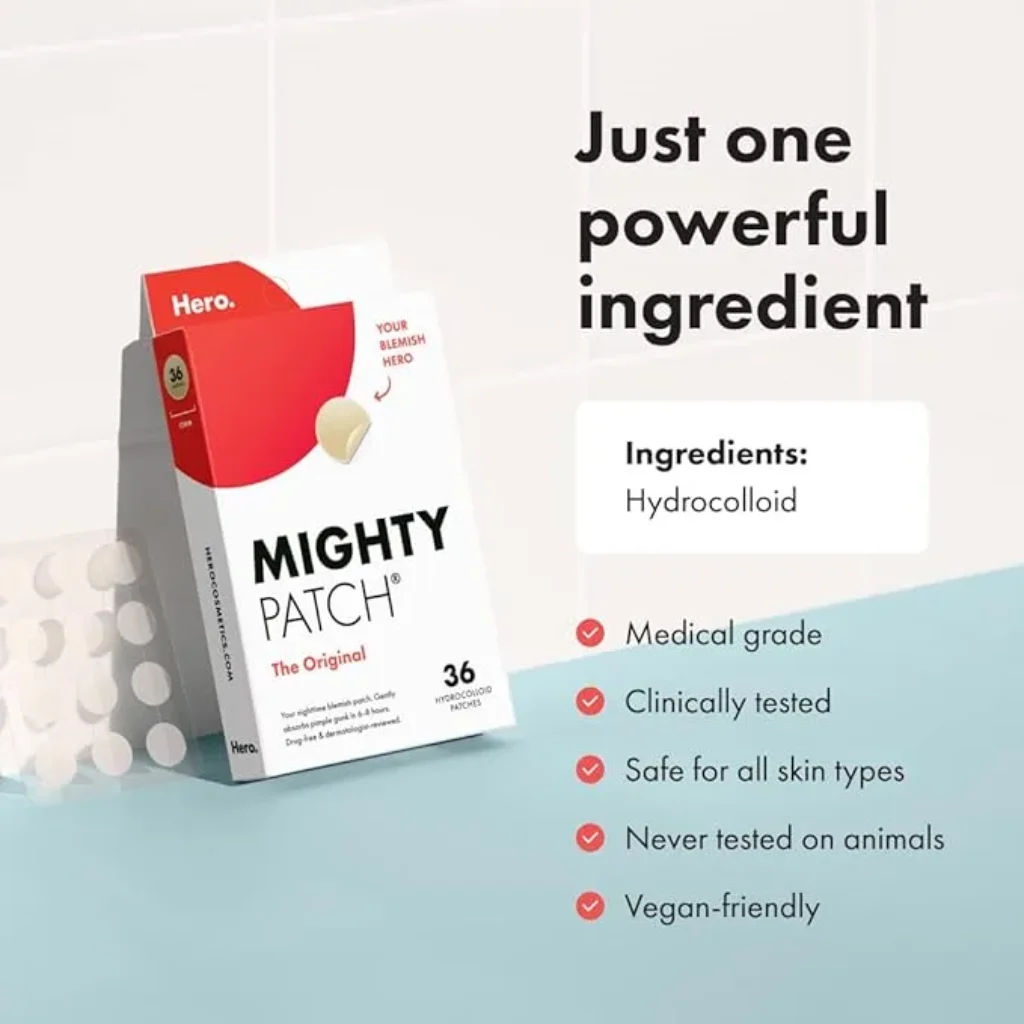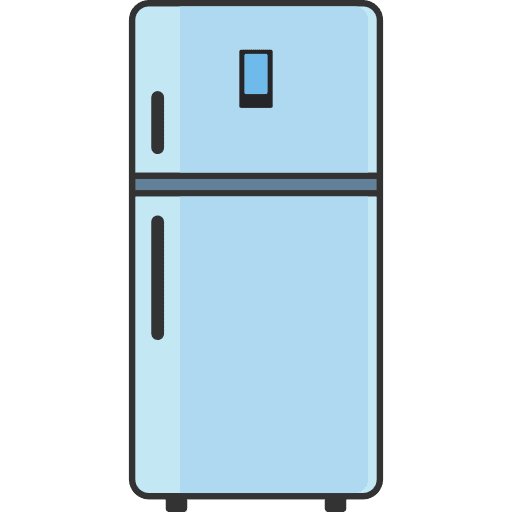As a car owner, hearing squeaky brakes can be very worrying. This noise often means there’s a bigger problem. It’s key to fix it fast for everyone’s safety. In this guide, we’ll look at why brakes squeak, why it’s important, and how to stop the noise.
Brakes are crucial for safety, and odd sounds are unsettling. Whether you’re experienced or new to car care, knowing why brakes squeak is important. By the end, you’ll know how to find and fix the issue, keeping your car safe and sound.
Key Takeaways
- Brakes are an essential safety feature in any vehicle, and squeaky brakes can indicate a deeper issue.
- This guide will cover the common causes of squeaky brakes, why they may need attention, and how to quiet the annoying noises.
- Understanding the root cause of squeaky brakes is the first step to a smooth and safe driving experience.
- By the end of this article, you’ll have the knowledge to diagnose and address the problem, keeping your car in top-notch condition.
- Staying on top of brake maintenance is crucial for your safety and the longevity of your vehicle.
Common Causes of Squeaky Brakes
Squeaky brakes can be really annoying for car owners. Knowing why they squeak can help fix the problem. Experts say worn-out brake pads are the main cause. When brake pads wear down, they rub against the rotor, making a squeal.
Short-Term Brake Noise
Brake noise can sometimes be short-lived. Rain or snow can cause rust, leading to a squeak that goes away in minutes. Hard braking, like on steep hills, can also cause a temporary squeak, showing you need to brake more gently.
Dirt, dust, or sand in the brakes can also cause a squeak. This might need some brake lubricant or could clear up on its own. Some people notice their brakes grinding in the morning due to dew. This usually goes away once the dew is shaken off.
| Causes of Squeaky Brakes | Description |
|---|---|
| Worn Brake Pads | As brake pads wear down, they can rub against the rotor, creating a high-pitched squeal. |
| Precipitation (Rain, Snow) | Small amounts of rust can develop on the brakes, causing a temporary squeal that wears off naturally. |
| Severe Braking | Sudden or severe braking, such as on a steep hill, can induce temporary brake noise. |
| Dirt, Dust, or Sand | Contaminants making their way into the brakes may result in a temporary squeak that may require lubricant or resolve over time. |
| Overnight Dew Accumulation | Brakes may grind a bit in the morning due to overnight dew, resolving once the moisture is shaken out. |
Knowing why brakes squeak can help car owners fix the problem. It’s important to keep your brakes in good shape.
Brakes in Need of Attention
Chronic squeaking brakes mean your car needs professional brake service. Many brake pads have a small metal piece that squeals when the rubber wears out. This exposes the metal.
This high-pitched squeak when you apply the brakes signals it’s time for new brake pads. Grinding noises mean you need to replace both brake pads and rotors. This is because there’s metal-to-metal contact.
Brake squeaks often come from worn or wrong brake pads, dust, and rotor corrosion. Not enough lubrication on brake pins is another common cause. Also, brake pads that get too hot and hard can squeak when you brake.
- Worn brake pads with metal indicators make a squeaking sound.
- Brake dust and debris can cause friction and vibrations, leading to squeaky noises.
- Rust and corrosion on brake rotors can cause screeching sounds and weaken the braking system.
- Incorrectly installed brake pads can cause friction, vibrations, and squeaky noises during braking.
Knowing the different brake noises helps find the problem. Regularly check brake calipers, pads, rotors, and look for debris and fluid leaks. This is key to fixing chronic brake squeaking issues.

Squeaking brakes are not dangerous by themselves. But, they show a problem that needs fixing quickly. You might be able to fix squeaky brakes yourself. But, it’s best to get a professional brake service mechanic for safe and proper brake maintenance.
Why Are My Brakes Squeaking?
If your brakes squeak, you’re not alone. It’s a common problem. Knowing why can help fix it. Let’s look at why your brakes squeak and what to do.
Worn brake pads are a common cause. As pads wear, a metal piece squeals when it hits the rotors. Pads squeal when they’re almost gone, about ⅛” – ¼” left.
Insufficient lubrication can also cause squeaks. Not enough oil leads to vibrations and noises. Plus, loose hardware like caliper pins can squeak too.
- Bad brake pad installation or not breaking them in right can squeak at first.
- Moisture, rain, snow, or high humidity can make brakes squeak until they dry.
- Debris between pads and rotors can cause squealing too.
If squeaks don’t stop with good pads, it might be a bigger issue. Maybe it’s a lubrication problem, bad installation, or damaged rotors. A pro should check your brakes to find and fix the real problem.
Knowing why brakes squeak helps keep your car safe and quiet. Regular checks and quick fixes are key. They make driving better and safer.
Quieting Squeaky Brakes
If squeaky brakes are bothering you, there are steps to quiet them. First, find the cause. Often, it’s worn-down brake pads that expose metal and squeal.
Proper Maintenance
To fix this, replace brake pads with quiet ones. Also, lubricate brake hardware like caliper pins and slides to stop squeaks. Sometimes, you need to replace brake rotors if they’re warped or damaged.
Regular checks and maintenance keep brakes quiet and safe. Fixing brake problems early stops squeaks. Keeping up with brake care means a smooth ride and good braking.
- Replace worn brake pads with high-quality, noise-dampening options
- Lubricate the brake hardware, such as caliper pins and slides, to reduce friction-induced squeaks
- Replace warped or damaged brake rotors if necessary
- Conduct regular brake inspections and address any issues promptly

By taking these steps, you’ll have a quieter, more reliable braking system. Don’t let squeaky brakes upset you. Fix them with the right maintenance and care.
Conclusion
Fixing squeaky brakes is all about knowing why they squeak and how to fix it. It’s important to find the cause and fix it right away. This keeps your car’s brakes working well and safely.
This guide will help you keep your brakes in top shape. Check your brakes often for wear or dirt. Fixing these problems early can stop squeaks and keep your car safe.
Using good brake parts and getting them installed by a pro helps a lot. It makes your brakes less likely to squeak. Remember, brake safety is key. Taking care of your brakes is a smart move for your safety and your family’s.
FAQ
Why are my brakes squeaking?
Wondering, “why are my brakes squeaking?” Squeaky brakes can be caused by a few things. Sometimes, it’s just temporary issues like rain or sudden stops. Dirt can also play a part. But, worn-out brake pads and damaged rotors are bigger problems.
What does it mean if my brakes are grinding?
Grinding sounds mean your brake pads and rotors need a replacement. This is because they’re touching metal, which is not good.
How do I quiet my squeaky brakes?
To stop squeaky brakes, you can try a few things. Replacing worn-out brake pads is a good start. Also, make sure to lubricate your brake hardware. And, if needed, swap out damaged rotors.
When should I replace my brake pads?
Look for a metal indicator on your brake pads. When it starts squealing, it’s a sign the rubber is gone. This means it’s time to get new pads.
How important is regular brake maintenance?
Keeping your brakes in check is very important. Regular checks and fixing any problems quickly will keep your brakes quiet and safe.
Don’t miss out. Explore our Daily Deals for the hottest picks right now. Want more? Sign up for the Best Price Goods weekly newsletter to unlock shopping inspiration and exclusive deals on your favorite brands!
Author
-
Mason, an experienced automotive journalist, evaluates vehicles for compliance, investigates claims, and assesses damage. Passionate about cars, he delivers expert reports on repairs and technical insights.
View all posts








 Adult
Adult Appliances
Appliances Automotive
Automotive Babies & Children
Babies & Children Beauty & Self Care
Beauty & Self Care DIY & Tools
DIY & Tools Education & Learning
Education & Learning Fashion
Fashion Food & Drink
Food & Drink Gaming & Accessories
Gaming & Accessories Fitness & Supplements
Fitness & Supplements Home Decor
Home Decor